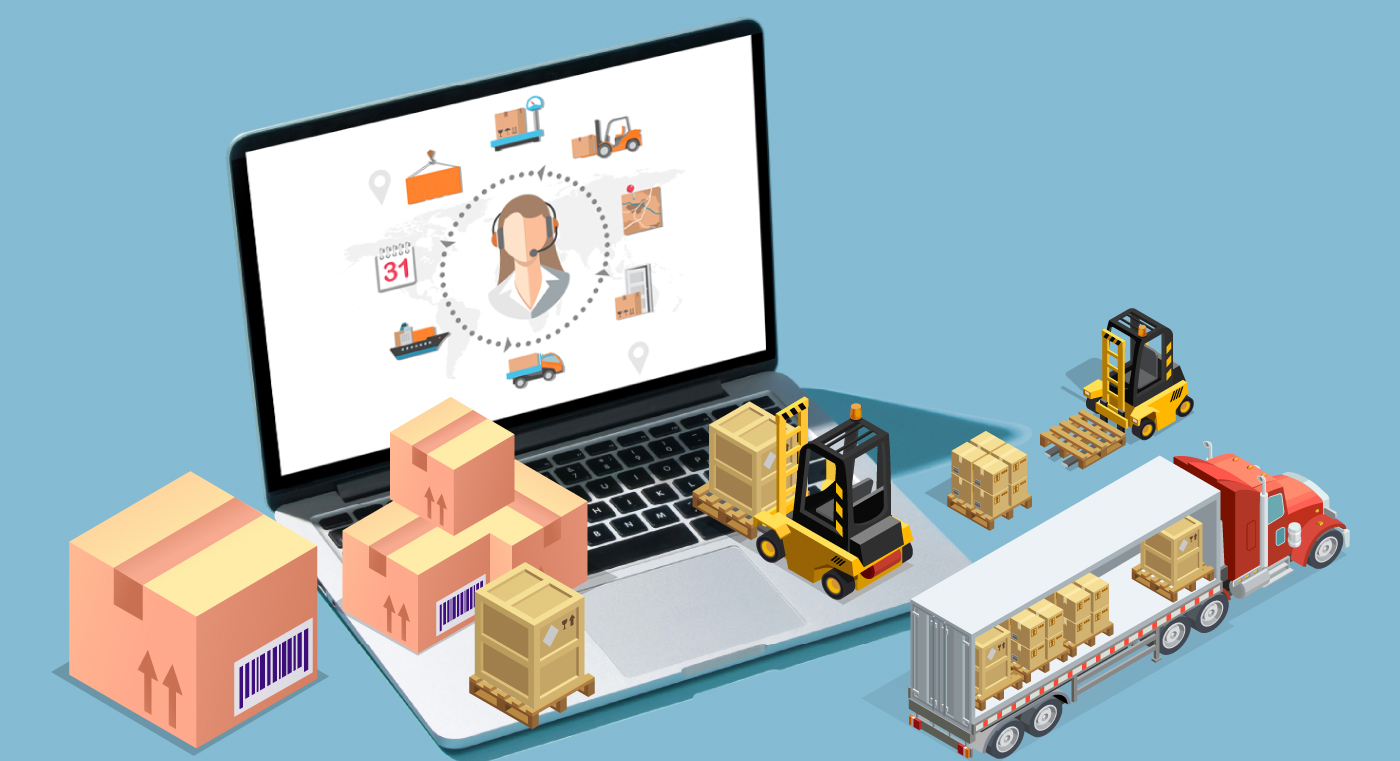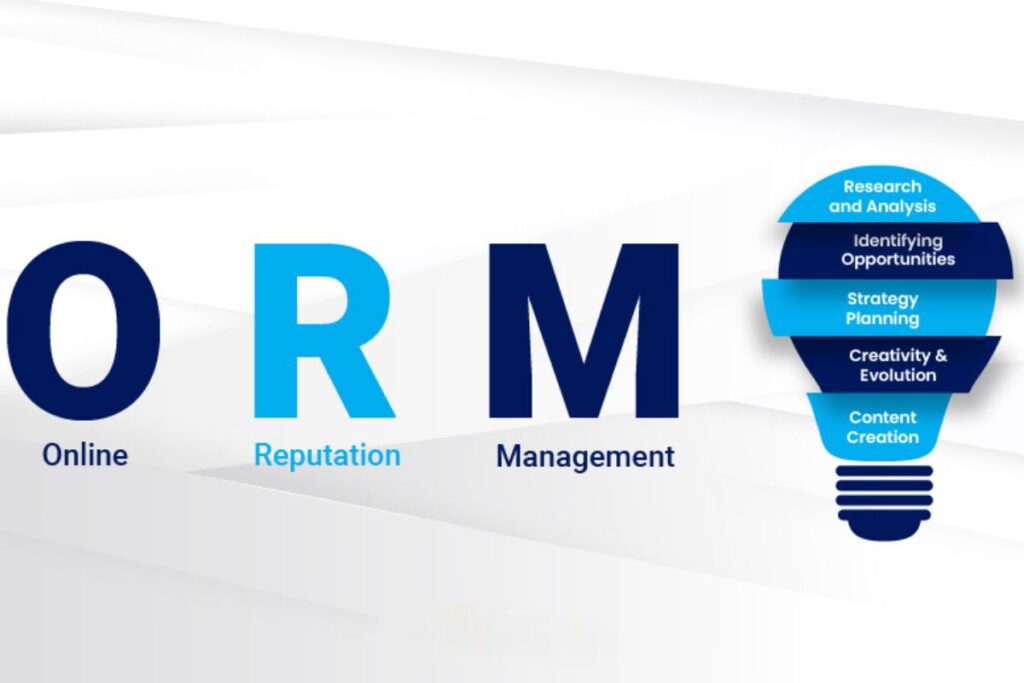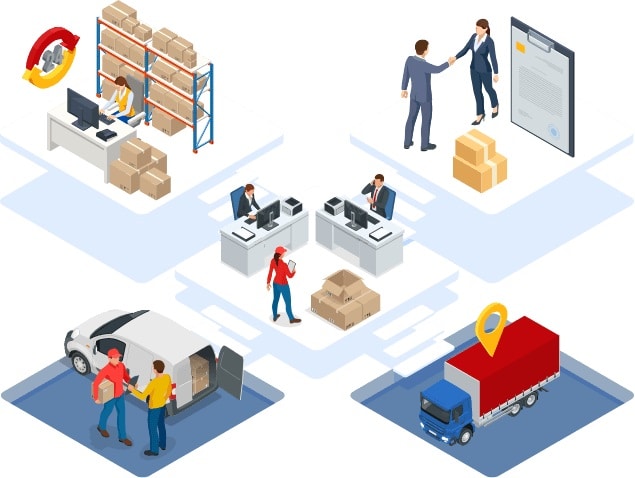WMS Explained: Choosing the Right Warehouse Management System for Your Business

Strong 8k brings an ultra-HD IPTV experience to your living room and your pocket.
In the fast-paced world of logistics and supply chain management, operational efficiency is not just a bonus—it's a necessity. At the heart of streamlined logistics lies an essential tool: the Warehouse Management System (WMS). Whether you're running a small e-commerce store or managing a massive distribution center, understanding and selecting the right WMS can redefine how your business operates. Let's dive into the essentials of WMS and how to choose the right one tailored to your needs.
What is a Warehouse Management System (WMS)?
A Warehouse Management System is a type of software designed to optimize warehouse operations. It helps businesses control and manage warehouse activities—from inventory tracking and order fulfillment to receiving and shipping goods. The goal of a WMS is to improve efficiency, reduce errors, and ensure seamless warehouse operations.
WMS is a critical component of Warehouse Management, as it provides real-time visibility into inventory levels and streamlines complex processes, enhancing overall productivity.
Why Your Business Needs a WMS
Manual tracking systems or outdated software can create bottlenecks, inaccuracies, and miscommunication. A robust WMS offers:
Improved inventory accuracy
Faster order fulfillment
Reduced labor costs through automation
Enhanced customer satisfaction through accurate shipments
Real-time data and analytics for informed decision-making
No matter the size of your business, integrating a reliable WMS can lead to significant improvements in your operational workflow.
Key Features to Look for in a WMS
When choosing a WMS, it’s essential to focus on features that align with your business needs. Some must-have capabilities include:
Inventory Management: Real-time updates, stock location tracking, and cycle counting.
Order Management: Seamless picking, packing, and shipping processes.
Integration Capabilities: Compatibility with your ERP, CRM, and e-commerce platforms.
Scalability: The system should grow with your business.
Cloud or On-Premise: Decide between cloud-based for flexibility or on-premise for more control.
Advanced features such as barcode scanning, RFID tracking, and mobile access can further enhance warehouse operations.
Types of WMS Solutions
Understanding the different types of WMS solutions available can help you select the one that fits your operational structure:
Standalone WMS: Focused entirely on warehouse operations. Ideal for businesses looking solely for warehouse-specific tools.
Integrated WMS Modules: Part of a broader ERP system. Best for businesses that want centralized data and management.
Cloud-Based WMS: Hosted on the cloud, offering flexibility, easier updates, and lower upfront costs.
On-Premise WMS: Installed locally with higher customization. Suitable for businesses needing tighter security and control.
How to Choose the Right WMS for Your Business
Choosing the right WMS involves more than selecting the most feature-rich option. Here’s a simplified step-by-step guide:
Assess Your Needs: Define your business goals, current pain points, and future growth plans.
Involve Stakeholders: Include warehouse staff, IT, and management in the decision-making process.
Research Vendors: Look for providers with a solid track record in your industry.
Request Demos: Test systems in real-time to evaluate usability and functionality.
Consider Total Cost of Ownership: Beyond initial setup, factor in training, support, and scalability costs.
The Future of Warehouse Management
With rising demands in e-commerce and global supply chains, Warehouse Management is becoming increasingly complex. Future-ready WMS solutions now incorporate AI, machine learning, and IoT to deliver predictive analytics, automation, and smarter decision-making.
Selecting the right WMS is not just a tech upgrade—it’s a strategic move toward transforming your supply chain into a competitive advantage.
A well-chosen Warehouse Management System can elevate your business operations, improve accuracy, and streamline processes, ultimately saving time and money. As your business grows, so does the importance of adopting scalable and intelligent systems. Embrace technology to stay ahead—because in the world of logistics, efficiency is everything.
If you're looking to improve your Warehouse Management, now is the time to invest in a WMS that aligns with your goals and grows with your business.
Note: IndiBlogHub features both user-submitted and editorial content. We do not verify third-party contributions. Read our Disclaimer and Privacy Policyfor details.







